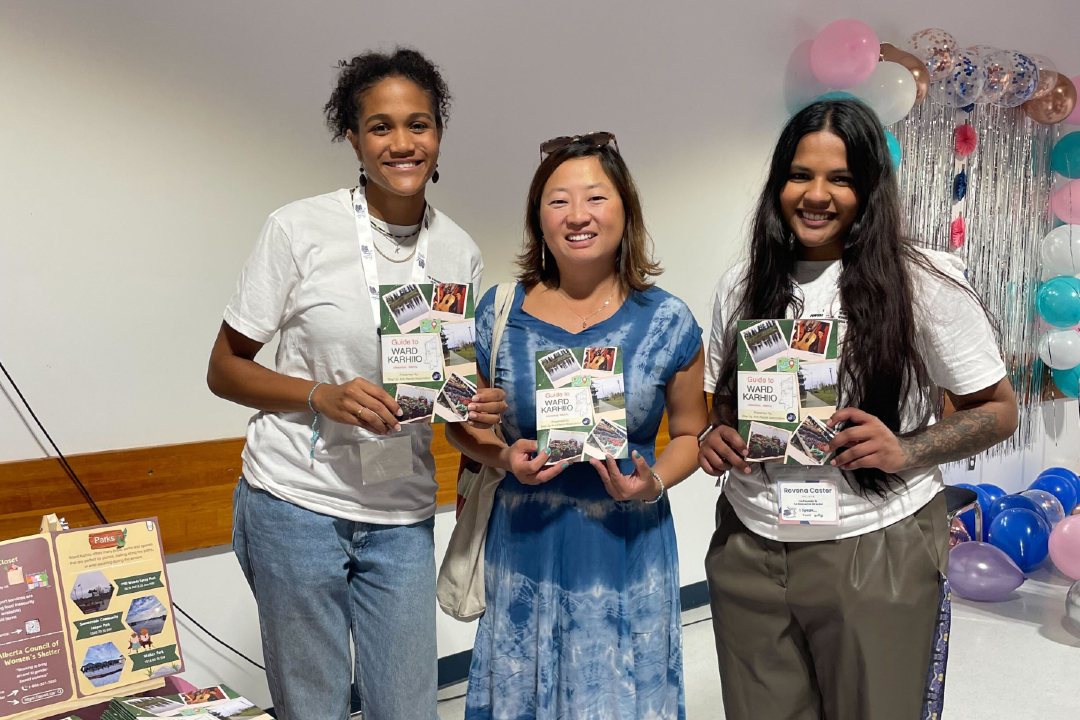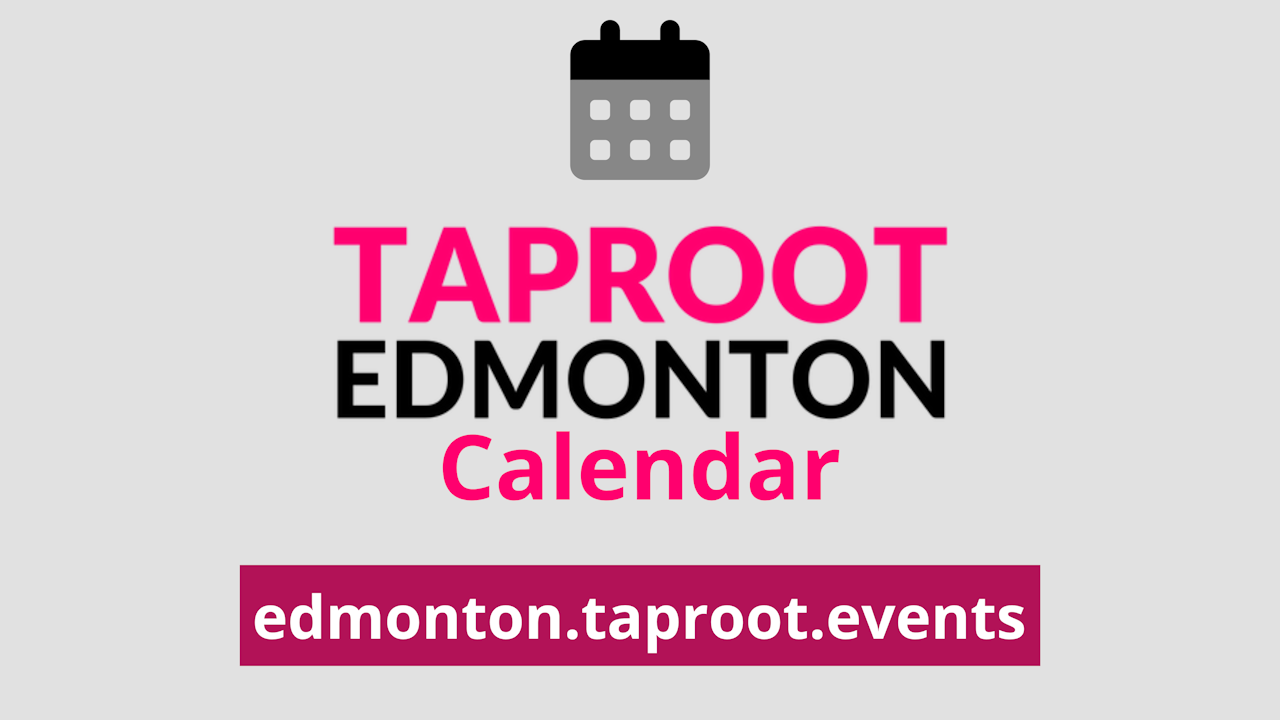
City says participatory budgeting experiment was challenging but taught lessons
As city council prepares to discuss a fall adjustment to Edmonton's budget, the city has shelved participatory budgeting due to how much time and effort it takes, but said it will nonetheless carry forward learning from the work for future grants.
Participatory budgeting is the allocation of public funds for community projects based on community input. It began in Brazil in the 1980s, and helped reduce infant mortality rates there by boosting funds for sanitation and health services. In Edmonton, a community-based budget model took place over two rounds in 2022 and 2023. Councillors Keren Tang and Andrew Knack both participated in 2022, while Knack bowed out in 2023. Also in 2023, city administration separately piloted the participatory model in Balwin and Belvedere to distribute neighbourhood revitalization money.
Tang told Taproot that increasing the visibility of public spending can improve trust, which is needed. "I think right now we're seeing this trend around the world of distrust in institutions, in public institutions and governments," Tang said. "I think processes where you can increase transparency, in whatever way that means to you, I think it's all the better, and that's why I really believed in (community-based budgeting)."
But Tang said the work needed to perform participatory budgeting is considerable. In 2022, Tang and Knack were able to fully fund nine of 18 community project pitches that cost between $500 and $2,000 in 2022, and seven further projects in 2023 (further details are in an evaluation report). In 2023, Tang spearheaded the budgeting with just two office staff, who took on the work on top of everyday duties.
"If you think about the job of an elected office, it's none of this," Tang said. "It's responding to emails and phone calls, it's resolving complaints, it's following up with 311, it's reading reports, and developing policy briefs. It's not community building, right? So, we were doing this off the side of our desk, especially in our second year."
Some of the 2023 projects spilled over into 2024, but Tang did not run another round this year and has no current plan to do so again. She said she always hoped community-based budgeting could move to city administration's workload. But the city's team who worked on the Balwin and Belvedere pilot reported back that they, too, found participatory budgeting unsustainable in its full form.
"It was really resource-intensive in terms of the number of people, but then also the number of hours that were invested," Kim Turcotte, the community grants team lead in the social development department at the City of Edmonton, told Taproot. "Over 300 hours ended up going into this project in a period of four to five months. Normally, a process like this is a longer-term project — like 12 to 18 months."
Those 300 hours were divided between 13 city staff from the community services department. The work resulted in $69,000 in neighbourhood revitalization funds spent on six projects. Residents, business owners, non-profit organizations, and even grade school students all got a say in an online voting process and an in-person gathering. The organizations that executed the projects were KARA Family Resource Centre, the Belvedere Community League, the Balwin Community League, Trinity Christian Reformed Church, Balwin School, and Princeton School.
"Some of the criticism that we got was that it felt a bit like a popularity vote," Turcotte said. "Princeton School did a mural project. Their kids obviously voted on their own project. They also, though, were really engaged. They went out and did some door-knocking. There are some really amazing outcomes that have come out of that project for the students who were involved, but there was a feeling of, well, did that create an inequity?"
Still, Turcotte said the lessons from these experiments are informing how the city grants money, including in its anti-racism funding stream. Community volunteers were added to the assessment of those grants last year, and their feedback led to adding honoraria and additional training on what anti-racism means this year. More is still to come.





